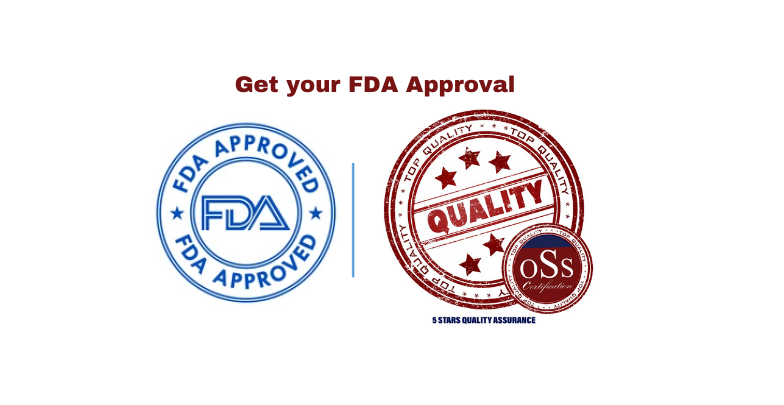Ever wondered what that "FDA Approved" label means? It signifies a product has undergone a rigorous evaluation by the U.S. Food and Drug Administration (FDA) to ensure it meets strict safety and efficacy standards. But there's a common misconception: there's no single "FDA certification." Let's break down what FDA approval actually entails.
FDA's Role: Ensuring Safety Across Industries
The FDA is a vital public health agency responsible for regulating a wide range of products, including:
- Food and Beverages
- Drugs and Pharmaceuticals
- Medical Devices
- Cosmetics
- Radiation-Emitting Devices
FDA approval processes vary depending on the product category. Generally, it involves submitting detailed documentation, undergoing inspections, and potentially conducting clinical trials.
FDA Registration vs. FDA Certification
Here's a key distinction:
- FDA Registration: This is mandatory for facilities that manufacture, process, pack, or distribute FDA-regulated products. It signifies basic compliance with FDA regulations.
- FDA Certification: There's no one-size-fits-all certification. However, some products may require additional approvals beyond registration, depending on their complexity or potential risks.
Third-Party Certifications: Adding Credibility
While the FDA doesn't directly "certify" products, accredited third-party organizations can evaluate compliance with FDA standards. This adds an extra layer of credibility for manufacturers.
Benefits of FDA Approval
For businesses, navigating the FDA approval process can be challenging, but the rewards are significant:
- Market Access: FDA approval opens doors to selling your product legally within the US.
- Consumer Confidence: The FDA label assures consumers of a product's safety and effectiveness.
- Competitive Edge: FDA approval can be a major differentiator in the marketplace.
Considering FDA Approval? Here's What to Do
The FDA website offers a wealth of resources to guide you through the process. Here's a starting point:
- Identify the relevant FDA Center: Each product category has a designated FDA center overseeing its regulation.
- Explore Regulations and Requirements: Familiarize yourself with the specific requirements for your product type.
- Seek Professional Guidance: Navigating the FDA approval process can be complex. Consider consulting with regulatory specialists.
Remember: FDA approval is an ongoing commitment. Maintaining compliance ensures your products continue to meet the high standards expected by the FDA and American consumers.
Note:
Buy or Get US FDA Certification in Kathmandu Nepal
Contact Certification House
We help you to get US FDA Certificate all over Nepal


0 Comments for "US FDA Certification"